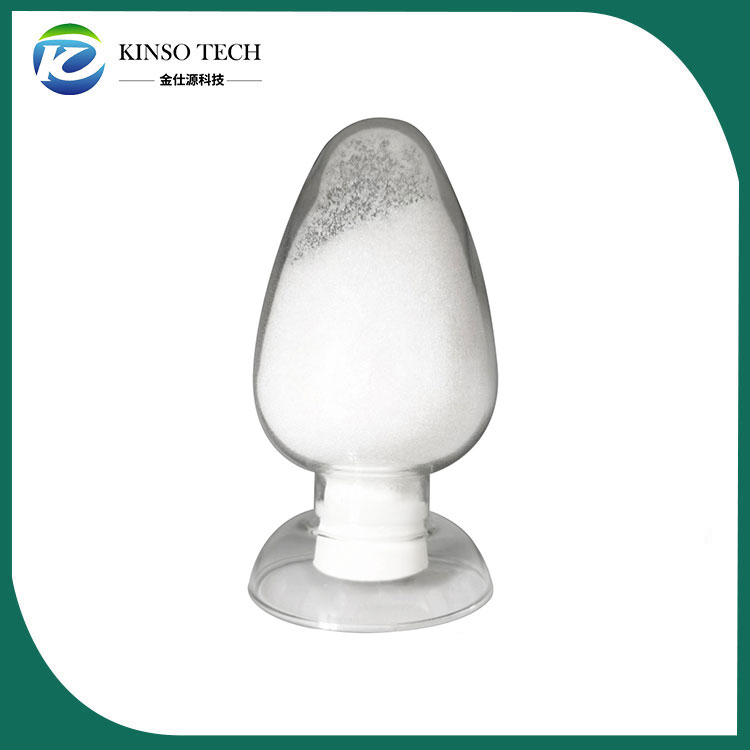What Role Do Pharmaceutical Intermediates Play in the Drug Manufacturing Process?
2025-07-10
In the complex and highly regulated world of pharmaceutical production, every component involved in creating a final drug product plays a critical role. One of the most important yet often overlooked elements in this process is pharmaceutical intermediates. These are the chemical compounds that serve as the building blocks for active pharmaceutical ingredients (APIs), and without them, drug synthesis would not be possible.
So, what exactly are pharmaceutical intermediates, and why are they so vital in the drug manufacturing process? Let’s take a closer look.
What Are Pharmaceutical Intermediates?
Pharmaceutical intermediates are chemical substances produced during the multi-step synthesis of an active pharmaceutical ingredient (API). They are not the final product but are crucial steps in the overall chemical reaction pathway that leads to a finished drug. These intermediates may be produced in-house by pharmaceutical companies or outsourced to specialized chemical manufacturers.
Depending on their position in the synthesis chain, intermediates can be classified as early-stage, mid-stage, or late-stage, each leading progressively closer to the creation of the final API.

Key Roles of Pharmaceutical Intermediates in Drug Manufacturing
1. Foundation of Active Pharmaceutical Ingredients (APIs)
Intermediates serve as the base molecules from which APIs are synthesized. Each step in the chemical synthesis modifies the intermediate’s structure, bringing it closer to the final therapeutic compound. In essence, intermediates are the core links in the chemical chain that make modern medicines possible.
2. Support for Scalable Production
Intermediates make large-scale drug manufacturing more feasible and manageable. Instead of producing the entire molecule in a single reaction, pharmaceutical chemists can break down the synthesis into multiple stages. This modular approach allows for better control, higher yields, and greater flexibility in process optimization.
3. Enabling Customization and Specialization
Custom synthesis of pharmaceutical intermediates allows drug developers to tailor compounds for specific therapeutic applications. By modifying intermediates at different stages, chemists can fine-tune the activity, stability, and safety of the final API. This is particularly important in developing complex or targeted drugs.
4. Facilitating R\&D and Innovation
In early-stage drug discovery, intermediates are crucial for synthesizing and testing new compounds quickly. Researchers often produce and analyze many different intermediates to evaluate their pharmacological potential, helping them identify promising candidates before proceeding to full-scale production.
5. Ensuring Quality and Regulatory Compliance
High-quality intermediates are essential for consistent and safe drug production. Any impurity in an intermediate can carry through to the final API, affecting its purity, efficacy, or safety. As a result, intermediates must meet strict quality control and regulatory standards, including documentation, traceability, and compliance with Good Manufacturing Practices (GMP).
The Growing Importance of Outsourcing Intermediate Production
As pharmaceutical development becomes more global and fast-paced, many companies now outsource intermediate production to specialized chemical manufacturers. This approach offers benefits such as:
Access to advanced synthetic capabilities
Cost-effective scalability
Reduced lead times
Compliance with international regulatory standards
Contract manufacturing organizations (CMOs) play a key role in delivering high-purity intermediates at the volumes and timelines required for both research and commercial production.
Pharmaceutical intermediates are more than just chemical byproducts—they are essential components in the journey from raw material to finished medicine. Their quality, design, and production efficiency directly influence the success of drug development and manufacturing.
By understanding the role of intermediates, pharmaceutical companies can better manage their supply chains, streamline production, and ensure the safety and effectiveness of the final therapeutic products that reach patients worldwide.


